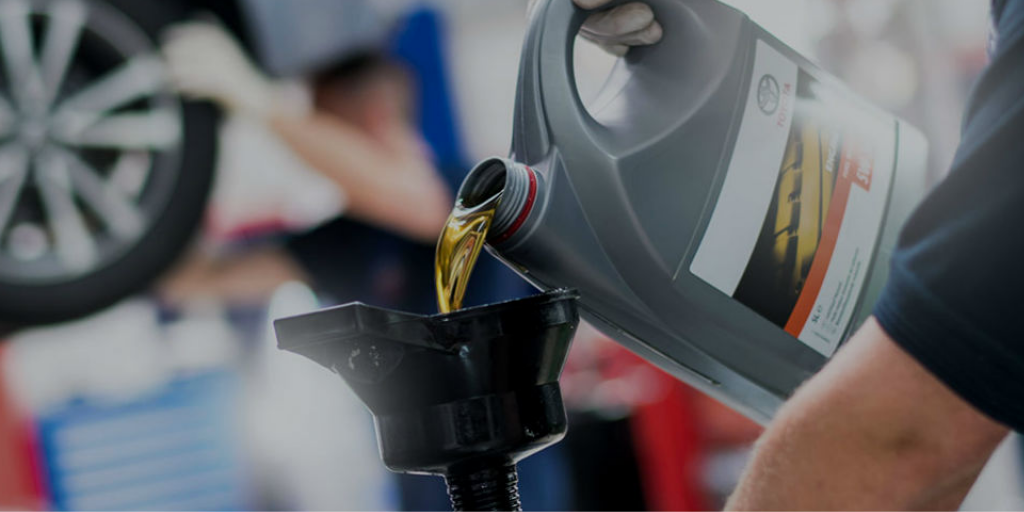Hybrids can be more expensive to buy new than petrol or diesel cars. However, this is often offset by vastly reduced fuel costs and a higher resale value. It’s generally accepted that at least at the time of writing, hybrid cars are holding their value better than electric vehicles and even conventional petrol or diesel-powered vehicles.
Resale value in vehicles is hugely variable and depends very much on the age and condition of the car being sold. Just because your vehicle is a hybrid doesn’t mean it’s worth more than an ICE or electric vehicle, especially if specific alternative vehicles are newer or have lower mileage.
However, there’s evidence to suggest that hybrids are more valuable in the used market, and in this article, we’re going to explore why hybrid vehicles are proving to be a better investment (particularly in Malta) than electric or ICE vehicles in 2024.
Table of Contents
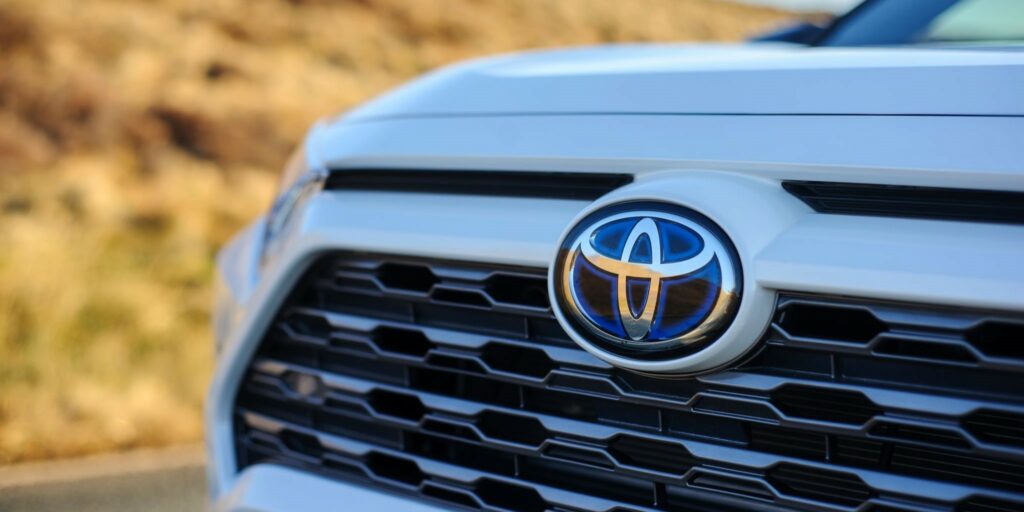
What causes a car to depreciate?
Depreciation is essentially the difference between what you initially paid for the car, versus the amount you sell or trade it in for. In simple terms – if you bought a car for €30,000 and sold it three years later for €18,000, that car has cost you €12,000 in depreciation.
How much your individual car depreciates is important to consider (particularly if you’re buying new or nearly new) as it’s going to impact how much you can sell it for in the future If you buy a car that is known to depreciate heavily, you will get far less for your money when it comes time to sell it than if you chose a car known for holding its value well (such as a Toyota Hybrid).
However, depreciation isn’t just tied to the make and model of the car. There are several things that can cause your car to depreciate faster than comparable examples:
1. Age
Age is the obvious cause of depreciation. Even if you bought a car and let it sit on your driveway for five years, not putting any mileage or wear on the car, it would still depreciate within that time. This isn’t just limited to cars – anything you buy will depreciate with age. The reason is very simple – it’s always going to cost more to buy something new than something old.
2. Mileage
Mileage and wear and tear cause a car to lose its value, for the simple reason that something that has been used heavily has less life in it than something brand new. Excessive mileage can even mean that depreciation from age is not as significant a factor. For example, If you have a car that’s two years old and has 300,000kms on the clock, versus a car that is 4 years old and has 40,000kms on the clock, it’s far likely the older car will be worth more. This is because it has done much less work, there is much less wear and tear to the critical components, and it will likely last the new owner a much longer time.
3. Market conditions
Market conditions is something that impacts the resale value of a car on a short-term basis. For example, an electric car may have depreciated faster than a petrol or diesel car over the course of a few months because the price of electricity is abnormally high in those few months. When the price of electricity drops, prices normalise. For those people who sold their electric cars in that period, they likely got a lower price than they would have had they waited.
The converse is true, and cars can even appreciate given market conditions – a good example of this is in 2020 where the pandemic temporarily paused car production in large parts of the world, and as such used car prices in many countries shot up as there weren’t enough new cars coming into the market. Of course, when car production started up again, prices began to normalise.
We wouldn’t recommend trying to time the market when selling your car, but if you are lucky enough that market conditions are in your favour, you may find that your car has depreciated less than it otherwise would have.
4. Condition and maintenance history
Depreciation is also influenced by how well the car has been looked after. Cars that are well-cared for, repaired, serviced, and kept in good shape will preserve their value more than cars that have been neglected. Conversely, cars that have missing services, repairs due that have not been carried out, or damage to the bodywork and paint command a much lower resale price.
This is something that is easily within your control, however – make sure you keep up to date with servicing and maintenance, and if there are components that need renewal or repair (such as brakes, timing belt, suspension, etc) then ensure they’re completed before offering the car for sale.
One thing worth mentioning particularly with electric or hybrid cars is battery degradation. This is where the battery pack loses its capacity to charge fully over time, which reduces the car’s range and affects performance. People are reluctant to buy electric cars if the battery is degraded or damaged, so you may struggle to get someone to pay what would be market value for your vehicle if the battery was healthy.
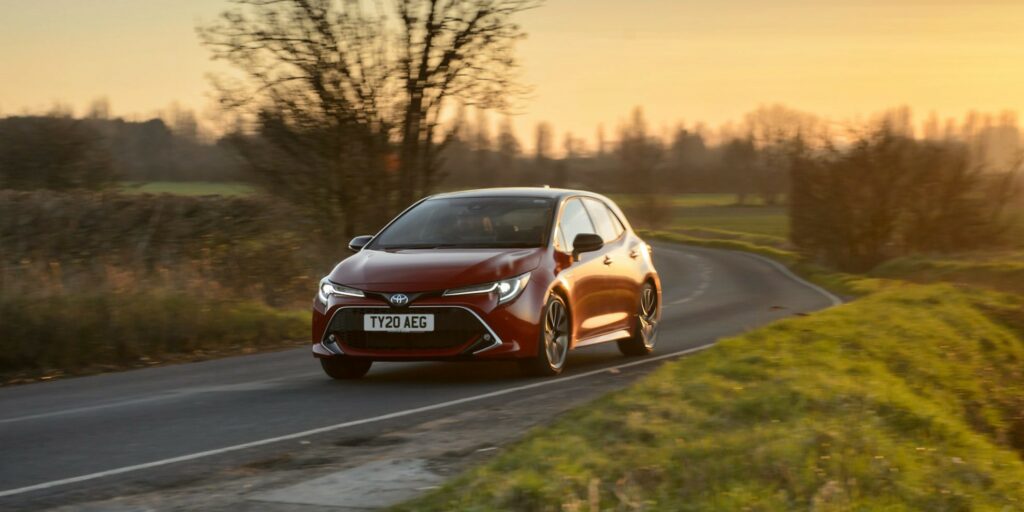
How much do hybrid cars depreciate compared to electric or ICE cars?
Even though you’ll experience depreciation no matter what car you buy, a hybrid is likely your best choice if you want to minimise how much value your car will lose.
Based on our research looking at numerous studies (including some of our own internal data) we estimate that depreciation after five years for ICE (petrol/diesel), hybrid and electric is as follows:
| Type of fuel | Depreciation rate after five years |
| ICE (petrol/diesel) | 39% |
| Hybrid (plug-in and self-charging) | 37% |
| Fully electric | 49% |
Note that we aren’t considering body styles here – some types of vehicle (such as SUVs or trucks) may depreciate more quickly or more slowly than others. Additionally, we’re also not considering mileage, condition or service history, all of which will have an impact on the depreciation of your individual vehicle.
As we can see, hybrids clearly hold their value better than other types of car after a five-year period, and as such if you’re looking to get the most amount of money back for your car when you sell it, you should buy a hybrid.
As to why this is, it’s likely that hybrids are very appealing compared to ICE or electric vehicles because they combine the benefits of both. ICE cars and electric cars both have significant disadvantages – range anxiety and charging infrastructure for electric cars, and pollution and running costs for ICE cars. Hybrids, on the other hand, bridge the gap between the two and offer a perfect balance.
A hybrid is effectively an electric vehicle around town, where tailpipe emissions are zero and running costs are minimal – making it better than an ICE vehicle. Out of town on fast roads, a hybrid can just be treated as a conventional car, negating all the concerns of range anxiety and finding somewhere to charge an EV. Some hybrids, like the Yaris, can travel nearly 80 km/h on electric-only – making them a compelling choice for those not convinced yet by fully electric cars.
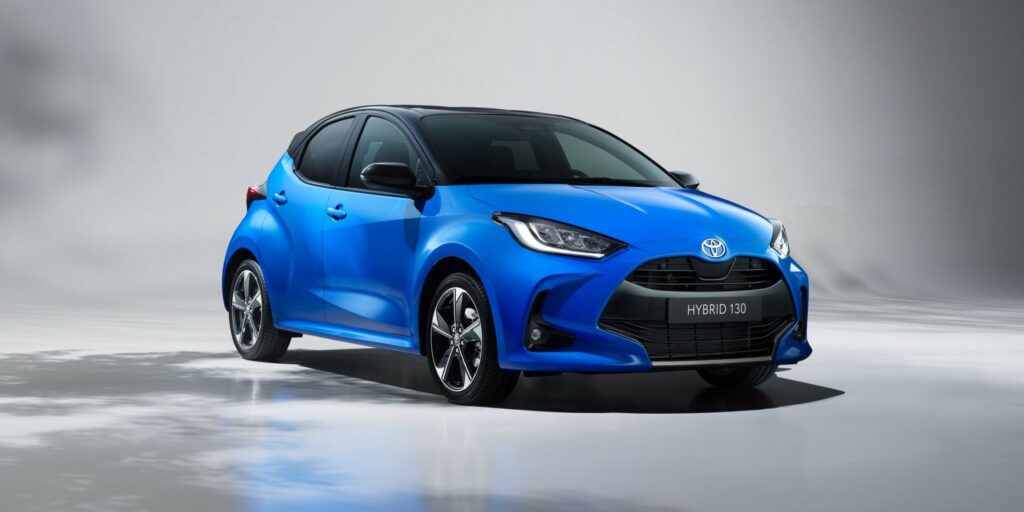
Why Toyota hybrids hold their value better than other brands
Toyotas are known for holding their value better than other brands. Toyota’s reputation in the car industry is solid, and this longevity and durability extends to our hybrid vehicles. Our hybrid drivetrains are known for their reliability and have proven themselves repeatedly.
We were pioneers in the hybrid space, with the first mass-produced hybrid (the Toyota Prius) hitting the market in 1997. The quality of workmanship and engineering we put into our hybrid vehicles has given us a reputation for excellence, and this translates into higher resale values for our vehicles on the used market.
For example, using the same data as above, we can see that a Toyota Camry Hybrid will only depreciate 35% across a five-year period – a comparable BMW 5 series hybrid will depreciate nearly 60% across the same period. Toyota hybrids are known for holding their value exceptionally well – and with a hybrid being a sensible choice compared to a new ICE or electric vehicle, you can be sure that your new Toyota hybrid will be a sound investment.
It’s also worth mentioning that the annual vehicle license of a Toyota self-charging hybrid is usually lower than that of other brands and of ICE cars – so you will be saving even more money compared to buying another brand.
Will emissions regulations cause depreciation for hybrids in the future?
In many ways, lawmakers see hybrids as transitional vehicles that sit between traditional ICE vehicles and fully electric vehicles. This is why there will be a ban on new non-electric vehicles being sold in the EU from 2035.
However, we suspect that many won’t want to give up their hybrid vehicles seeing as they offer the best of both worlds, and as such even if new hybrids go out of production, used hybrids will surge in value as people will want to reap the benefits of owning one for as long as possible. And remember – the ban is on new vehicles being sold, not used vehicles already in the marketplace – so owning a hybrid before 2035 will not mean you’ll have to scrap it and take it off the road once the ban comes into force.
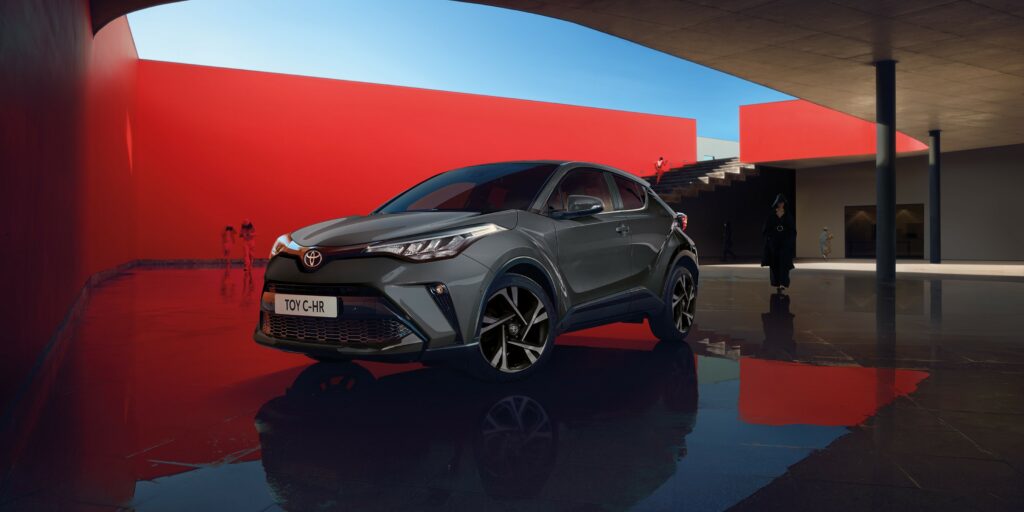
FAQs
How can I maximise my hybrid car’s value?
Maximising your hybrid’s value is easy – service it regularly, keep accurate maintenance records, drive it responsibly (don’t leave it parked up for months at a time as this will damage the battery), and ensure any cosmetic imperfections get fixed. This will pay dividends when it comes to selling your car, as it will be in very good condition, and you’ll likely get market value (or very close to it) for your car.
Are hybrids more expensive to maintain?
Many think that hybrids are more expensive to maintain as they have both a petrol engine and an electric motor, however in practice this isn’t really the case. Since both the electrical components and the petrol engine won’t be used as much given that they share driving time, their parts are used less and therefore will need to be changed less frequently.
Does extreme weather affect hybrid vehicles the same way it does with electric vehicles?
Extreme weather affects all vehicles – particularly cold weather, which can reduce battery performance. In practice it never really gets cold enough in Malta to start impacting battery life in any significant way. However, you will find that with an electric car, running the air conditioning in the summer months will impact the vehicle’s battery performance. A hybrid won’t have this issue – because if you’re drawing too much power that the battery starts to degrade, the petrol engine will just take over.


